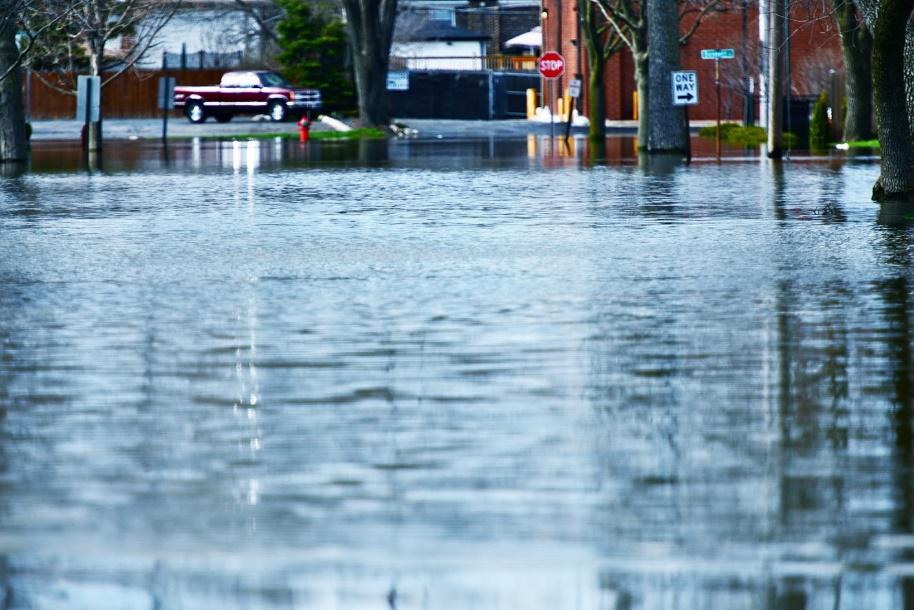8 Tips for Saving Money on Home Insurance Premiums
- By Admin
- •
- 17 Sep, 2017
8 Tips for Saving Money on Home Insurance Premiums

For many people, their home is their largest asset. Because of that, it's critical to invest in home insurance. However, you don't want to accidentally end up paying too much. To save money on your premiums, check out these tips.
1. Consider Working With an Independent Agent
Insurance agents generally either work directly for one insurer or independently. Working with an independent agent to buy your home insurance may help you access lower rates. These agents aren't tied to just one company. They can help you look at rates for multiple carriers, and they can even review your policy on a regular basis to determine if you should switch carriers.2. Bundle With Car Insurance
Regardless of the agent you choose, bundling your home insurance with your car insurance can help you to save money. Most insurers offer a discount if you buy multiple policies. In addition to car insurance, you may be able to save by bundling business, medical, life and other policies as well.3. Only Insure the Value of Your Home
When you choose the coverage amount, remember that you really only need to cover your home, its contents and any other structures on the property. You don't need to cover the land itself. If you get a home assessment to figure out how much coverage you need, make sure that it doesn't include the value of the lot.4. Increase Your Deductible
You can also lower your premiums by increasing your deductible. Ideally, you want the deductible low enough so that it doesn't cut into your budget too much if you need a claim. However, you may want to get a few quotes so you can see how various deductibles affect your claim.5. Secure Your Home
Home insurance is designed to kick in if something goes wrong at your home. By extension, if you take steps to make your home more secure from key threats, your insurer may lower your premiums. In particular, you may want to add a home security system, put in a fire alarm, install hurricane shutters and make any other changes as recommended by your agent.6. Maintain a Good Credit Score
Your credit score can directly influence the cost of your home insurance as well as other insurance policies. Try to maintain a good credit score, and if your score is low, consider taking steps to rebuild it. Pay off all bills in collections as well as judgments and liens against you. Also, try to keep all credit cards below their credit line. In most cases, it's better to have three credit cards halfway to their credit limit than two cards that are completely maxed out.7. Review Your Policy Annually
At least once a year, you should go over your policy. Make sure that you have adequate coverage. You don't want to skimp on coverage to lower your premiums and then end up not being able to deal with an emergency. However, you also don't want to pay for riders or features that you don't need. An annual review can help ensure that doesn't happen.8. Don't Sweat the Small Stuff
If possible, you may want to avoid making small claims. For instance, imagine that your basement carpet was ruined when your washing machine malfunctioned. Replacing it costs $1,200, but your deductible is $1,000. In cases like this, you may just want to pay the difference out of pocket. Unfortunately, insurance companies look at how many claims you have made on your policy, and that can drive up your premiums. Want to really save on home insurance? Then, contact Livings Insurance today. We save our clients an average of 37 percent or more on homeowner's insurance.
The body content of your post goes here. To edit this text, click on it and delete this default text and start typing your own (or paste your own from a different source).
To control the color or size of this text, please change the global colors or text size under the Design section from the left menu of the editor.
To control the color or size of this text, please change the global colors or text size under the Design section from the left menu of the editor.











